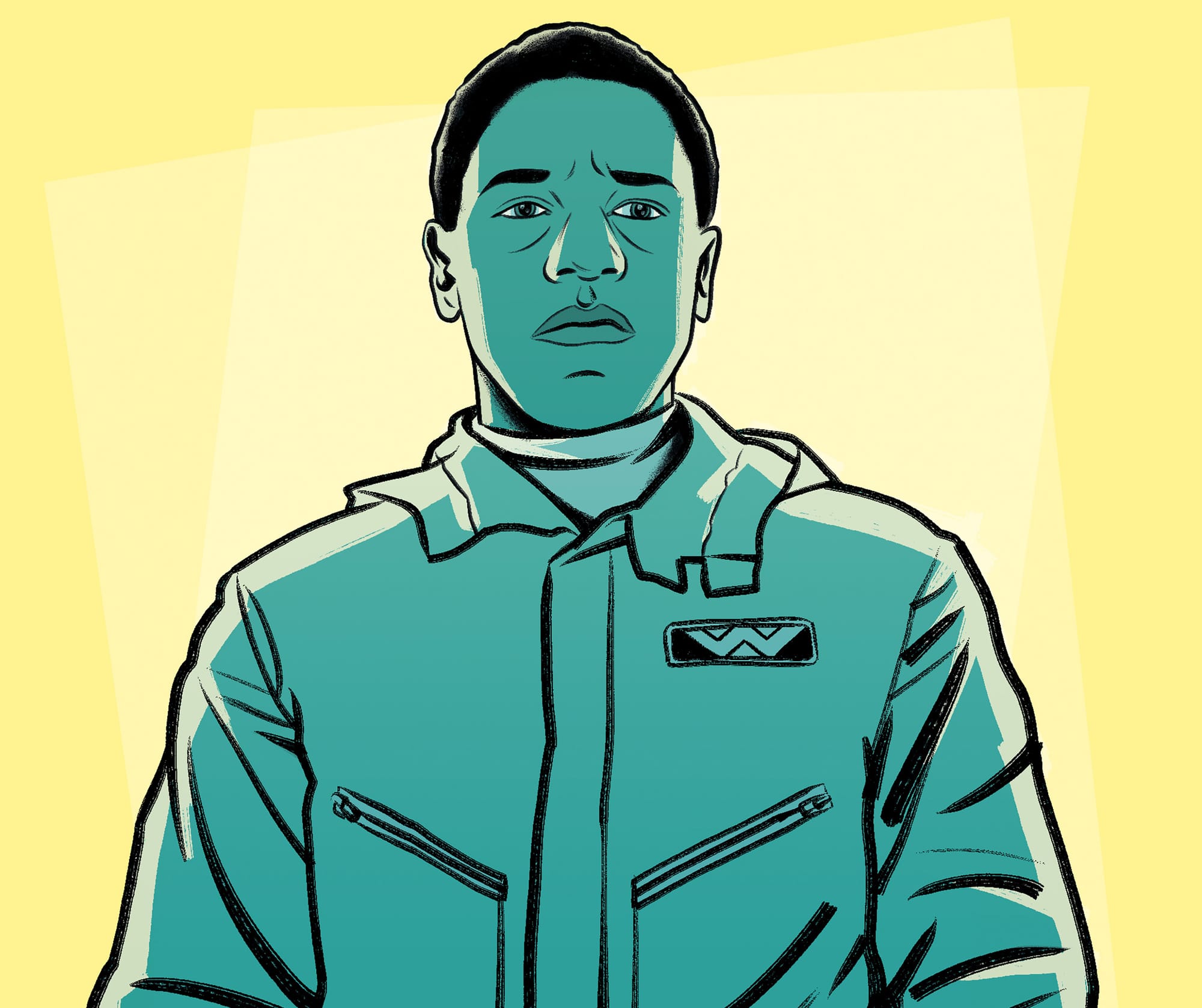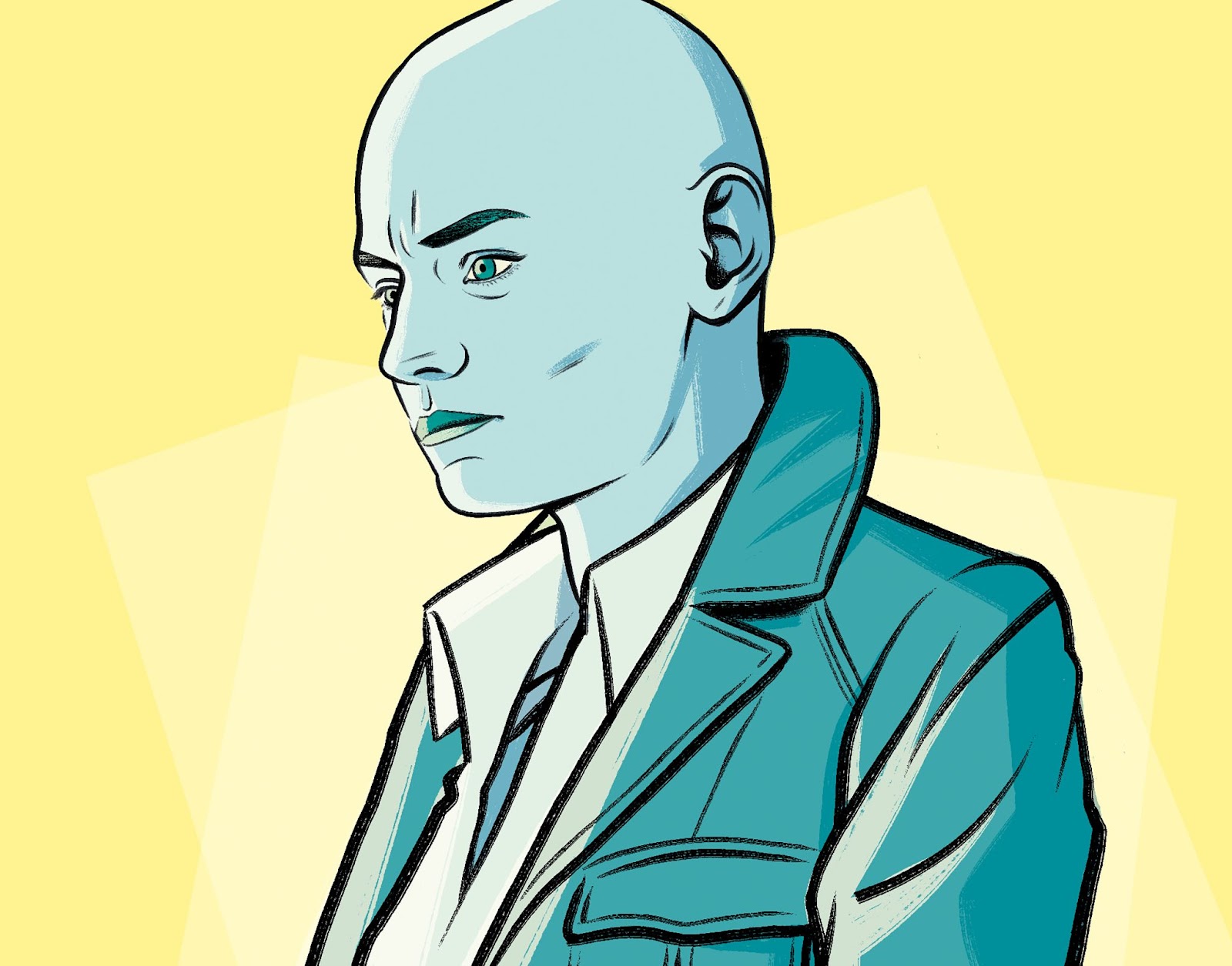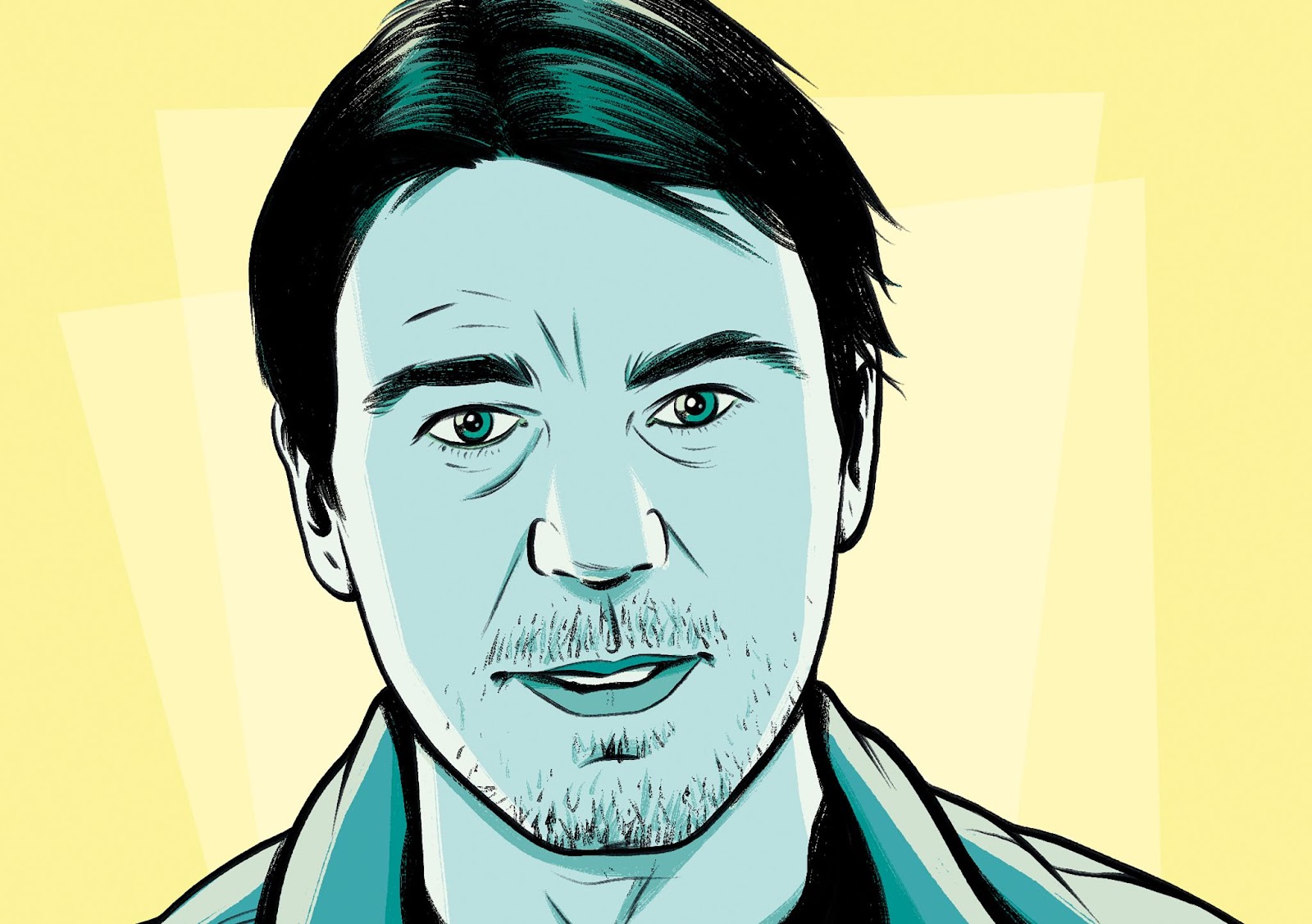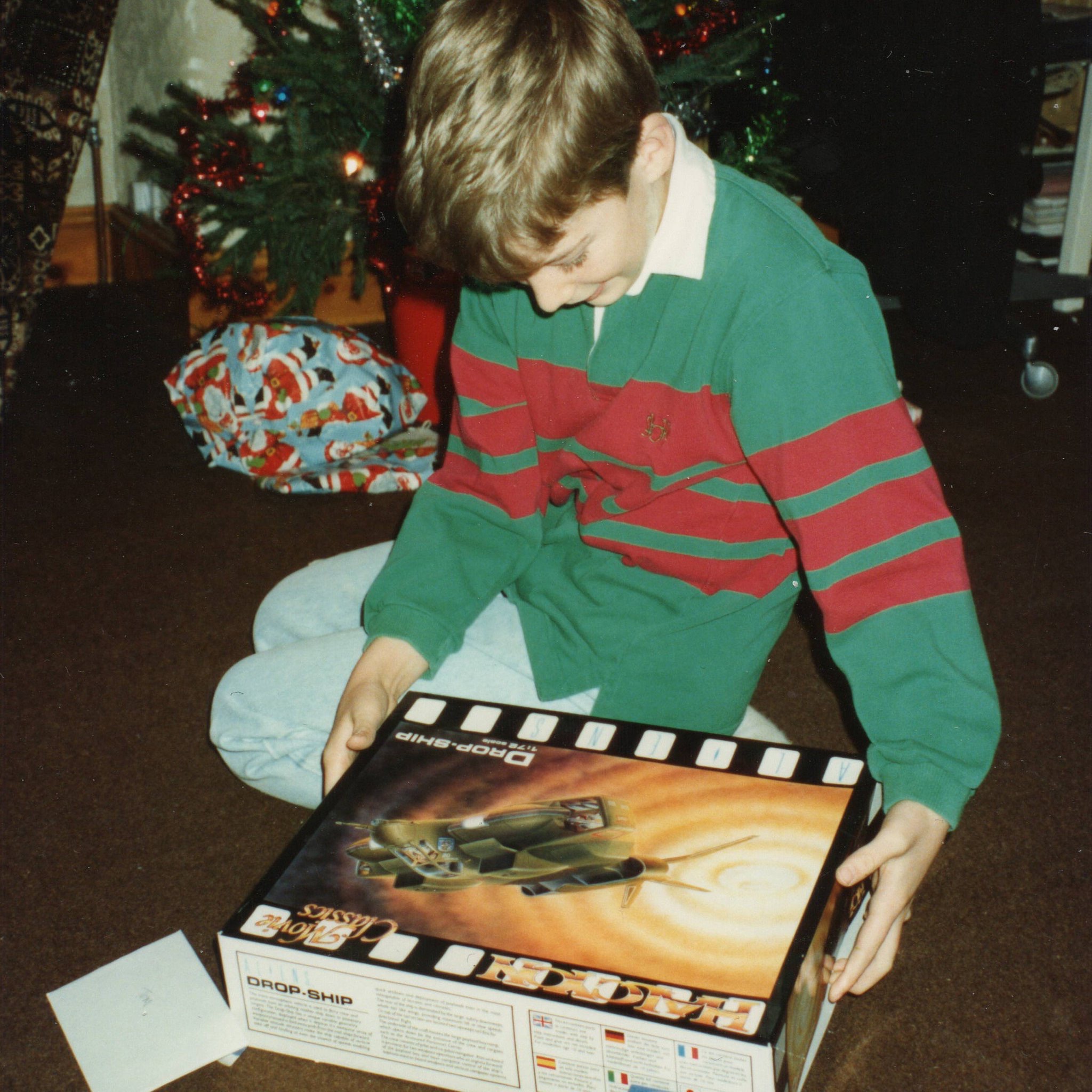Look On My Content Ye Mighty
On Summer Blockbusters, Fan Service, and Playing it Safe

Last week I felt burned out and tired so, taking advantage of being a freelancer, I decided to treat myself to a recuperative couple of days off.
Relaxing at home is dangerous as I’ll inevitably find myself doing work (at once not productive or relaxing) so I enforced the downtime by taking myself to the cinema to see some of the Summer Blockbusters.
I think there’s a connective thread between the three films I saw, so I thought I’d try and write about them. I’ve done my best to avoid spoilers beyond what’s in the trailers, but be cautious if you intend on seeing any of the films.
No, you turned something relaxing into more work, shut up.

Deadpool & Wolverine (2024) Dir. Shawn Levy
As someone who has had an auto-immune disease for *heave* over *retch* 30 years *vomits everywhere*, Wolverine was always a superhero who fascinated me. His mutant healing factor was at once something I deeply desired, and also a source of his torment. His story was that of a tragic immortal, doomed to watch his beloved friends die while he lived on. A modern vampire myth for the atomic age.
Deadpool & Wolverine doesn’t really care too much about that. I’m not sure what it does care about. It spends so much of its time being exhaustingly glib about everything that when it expects me to care about Deadpool really wanting to be an Avenger, I can’t even tell if that lazy gesture towards a motivation is in itself some sort of glib meta-joke.
This is probably the film about which I have the least amount to say. It’s for 14 year old boys and I’m not a 14 year old boy. It’s not really for me. Like the terminally online children it’s for, the film sits on a bedroom floor and smashes some superhero toys together while making jokes about corporate mergers and which company owns which property.
It was fine. It was content.
Content that didn’t connect with me, but content made by a bunch of people who really seem to care. I laughed a couple of times. I didn’t hate my time with it. I enjoyed this reel from one of the redacted cameos as they got Marvel Fit. Emma Corrin was great. Hugh Jackman is always a delight. I bet the wrap party was fun. I felt nothing.
I think a film about brand synergy is always going to leave you feeling a little empty.

Alien: Romulus (2024) Dir. Fede Álvarez
“Circling the Earth in my orbital spaceship, I marvelled at the beauty of our planet. People of the world, let us safeguard and enhance this beauty, and not destroy it.” - Yuri Gagarin
The Overview Effect is a phenomenon reported by astronauts returning to Earth from space. It’s characterised by an overwhelming, near spiritual sense of awe and appreciation of the Earth as an interconnected whole. This transcendent experience has dramatic, long-lasting impacts on their sense of self and their relationship to the world.
When Amazon CEO Jeffrey Bezos returned from a space trip courtesy of his private space tourism company Blue Origin, he doubtlessly knew he had to echo The Overview Effect chorus when talking about his experience. But it’s not hard to spot the added sinister notes:
“We need to take all heavy industry, all polluting industry, and move it into space. And keep Earth as this beautiful gem of a planet that it is.” - Jeffrey Bezos
Meanwhile, fellow Billionaire and Most Divorced Dad, Elon Musk, has been talking about colonising Mars as if cosplaying as Hari Seldon in Isaac Asimov’s Foundation:
“We want to make sure there’s enough of a seed of human civilization somewhere else to bring it back and shorten the length of the dark ages.” - Elon Musk
Taken at face value, these might sound like the words of concerned citizens, keen to do their best for ensuring the future of humanity. But they are snake oil salesmen. Planting their flags in what they see as the next playing field of capitalism: space.
Anyway. I went to see the new Alien film.
The Alien franchise, fittingly, is an odd, ever evolving, ever mutating beast. That first film is so pregnant with ideas, themes and sub-genres, that everyone has a different reason for loving it. Each successive director has brought something fresh, unique and unexpected to the table. With mixed results. But this constantly shifting and writhing creation has, on a meta-textual level, made it difficult for the corporate owners of the IP to reliably harness it for profit.
Enter Alien: Romulus. A film that, in the first half, had me in the palm of its hand. We begin on Jackson’s Star - a mining colony where all the workers are dying early deaths from exposure to various space toxins and bacteria. This is the world of Alien, where Weyland-Yutani - a colonial, resource-stripping, mega-corporation in the model of the East India Company - will be the death of you before any bio-mechanical metaphor-for-the-fear-of-male-rape get involved. Here, in the far reaches of space, where worker precarity and exploitation is at its peak, life expectancy is brutally short. We’re introduced to a young set of mining orphans who have watched their parents die working a thankless job, and are resolved to try and escape the same fate. In a franchise that has predominantly centred blue collar protagonists (space truckers, space marines, space convicts, and space privateers in the first four films), the idea of following a group of space miners feels like a beautifully simple and obvious twist on the familiar.
Talking about how he saw the premise as “a third world story”, Álvarez has said:
“Maybe it’s because I’m from Uruguay and the idea of growing up in a place where you know how far you can get, and the things that happen there, and the things that will never happen there.”
This suggests an understanding of what the Alien films are so good at - using the setting to critique colonialism and multinational corporations by reflecting it back to us at its very bleakest. This is why I find the Bezos and Musk quotes so utterly terrifying. They saw the early Alien films and said to themselves: “Ah yes, great idea! Must make sure I’m the first to colonise space/start mining it.” We desperately need intelligent creators to be playing in these IP sandboxes and using them to shine a flashlight down the dark corridors of late-stage capitalism.
And for the most part, Romulus was on track to do this. With our group of orphaned kids attempting to steal some cryo pods from an abandoned space station and escape for a sunlit land free of the reach of The Company. An ex-boyfriend, a pregnant sister, a kid whose parent was inadvertently killed by a synth, and an outdated, sweetly protective synth/adopted brother. Lovely. Loads of potential conflict, loads of narrative possibilities. Helmed by a director insisting on real sets, miniatures, practical effects, and with a solid track record of handling gnarly horror (Evil Dead), and tense set-pieces (Deep Breath - a film that similarly centres poverty-stricken protagonists driven to desperate acts).
For the most part it succeeds. With some pitch-perfect performances from Cailee Spaeny and David Jonsson, a couple of deliciously gruesome moments, and extremely solid set-pieces that iterate on what’s come before in refreshing ways. Playing with anti-gravity and acid blood was a highlight, as was the don’t-make-a-sound sequence that recalled both Álvarez’s own Don’t Breathe and the temperature control scene of Sneakers.
But, like a lot of audience members, it’s when a dead actor from a previous film is reanimated using deepfake technology that the film lost me. I don’t care if permission was sought from their family. I’ve felt deeply uncomfortable with this practice in the past, but it feels particularly pointed in a franchise that is famously critical of worker exploitation. It’s also distractingly terrible in execution and, crucially, could have easily been played by another actor without losing any of the thematic ideas at play.
It was there as fan service.
As were repeated or paraphrased lines from Alien. Some of which made little to no sense in context. Then we started to get mirrored shots from the previous films. Alien, Aliens and Alien 3 are all visually referenced at various points. Maybe in a different context these things would have been nice touches. A little nod here and there like all the set and prop design easter eggs. Things that are fun for the super fan but don’t distract the casual fan. But as they cumulatively started to pile up, I felt myself check out. When a famous line from Aliens is repeated, in a place where a dad joke would have made much more sense for the character, the film completely lost me.
It played like the audience were supposed to react like they’d just seen Captain America catch Thor’s hammer. It was then that I realised this was the moment the Alien franchise, the notoriously untameable and evolving beast, had finally been tamed.
The last 10-15 minutes are strong. If the horror of the xenomorph has been diminished due to familiarity - akin to a Universal monster - the film makes a decent stab at creating some new nightmare fuel out of constituent parts (the engineer design x slender man x the xenomorph x dead-eyed grin x suckling black goo = something legitimately creepy).
The film also tries to complicate and deepen the reasoning behind Weyland-Yutani’s obsession with the xenomorph. No longer is the answer a simple “bioweapon” (I still want a film to interrogate who that bioweapon would be used against), but rather harnessing these “perfect organisms” to make more efficient workers who don’t perish in the mines so easily.
Ultimately, while it gestures toward being something new and different, eventually Romulus reveals itself to be a crowd-pleasing mixture of Alien, Aliens and the game Alien: Isolation. I enjoyed it to an extent. I’m a huge Alien nerd and I’m not immune to being pandered to. But it left me feeling somewhat deflated and hollow by the end. All the promise of an excellent production team, quality actors, and a director who can expertly conduct tension - wasted on the altar of what felt like studio-mandated fan service.
It makes me look back at the “lesser” Alien films and appreciate them for the big ideas and wild swings they take. Whatever else you can say about them, none of them felt safe.
Alien: Romulus felt safe.

Trap (2024) Dir. M. Night Shyamalan
“I think I have a thing where I want everyone to like me and I want to please everybody. There’s that side of me, which maybe isn’t a great side of me. And then the other side of me, which is: I’ll burn down the house for an idea, no problem, without blinking. Those two sides are always a little bit at war within me.” - M. Night Shyamalan
Ah, M. Night. We’ve all gone on some form of a journey with him right? His name appearing in a trailer went from a seal of approval, or at least intrigue, to a punchline. But in his career third act (largely seen as beginning with his self-funded found-footage thriller The Visit) he’s started to finally make sense to me.
The mistake I, his critics and, I suspect, Shymalan himself made was believing the hype he was the next Spielberg. He found himself caught in a *ahem* Trap of his own making. A combination of high expectations and being given enough rope. After The Sixth Sense, his movies continued making money, but there was a sense of diminishing returns. A growing doubt creeping in among audiences and critics alike that eventually turned completely sour with The Lady in the Water - in which he cast himself as the saviour of humanity.
I look at the career of Jordan Peele right now and get the sense that he learned some valuable lessons from Shyamalan’s trajectory. The Sixth Sense created an expectation of shocking third act reveals that Shyamalan seemed determined to satisfy. Peele, another purveyor of high-end genre films, was (and is) under similar expectations to continue to make crystal-clear allegorical horror films in the style of his break-out success, Get Out. But Peele ran away from that. Creating work that sought multiple interpretations and frustrated desires for 1:1 metaphors. So far, Peele has escaped the Shyamalan Trap, but he’s acutely aware of the steep drop awaiting him. In an interview with fellow horror director Osgood Perkins, Perkins discusses a conversation he had with Peele where he admitted every film he makes now has so much money involved that “it has to be the best fucking movie ever made.”
In contrast, Shyamalan has gone back-to-basics. He put his Pennsylvanian compound/estate - Ravenwood - up as collateral to self-fund The Visit. Most of his films since have been financed this way and are often tightly controlled single location thrillers. And this is where he started making sense to me. He’s not Spielberg. He’s William Castle. He’s Roger Corman. He’s his own b-movie production company. He apparently knows the poster and trailer campaign of a project before he’s started filming. He’s making films to chill, thrill and spill. He’s camp. He’s preposterous. He’s not taking himself deathly seriously anymore. He’s having impish fun. I get it now.
Yes his dialogue remains awful - written by someone who apparently has never heard a normal human interaction in decades. Yes he continues to insist on putting himself in his own films - acting ability be damned. Yes his plots, if you think about them too long, are a nonsense. But this is all to miss the point of Shyamalan. He wants to entertain you for 90 minutes with a fresh idea for a thriller. He’s going to make choices. Go for some wild swings. Some will work, some will make you roll your eyes. But you will be entertained.
This is not to say there is nothing happening under the surface of his films. His entire filmography (from The Sixth Sense on - I’ve not seen his first two films) has been concerned principally by the fear of a disruption to the family unit. The safety and well-being of children is a universal theme across all his films. Perhaps unsurprisingly, he became a father while writing The Sixth Sense. His wrestling with being a loving and present father versus disappearing to make freaky little genre films is the meta-textual underpinning of Trap. Made even more meta with the casting of his daughter as the music star Lady Raven (no doubt a reference to the name of his family estate) at the centre of the plot.
But the real star of the show is Shyamalan’s self-insert character - Cooper aka The Butcher - played by Scream King Josh Hartnett. At once a sociopathic serial killer and a doting, overprotective father. A film about a man who can’t keep his work and his family life separate anymore. By a man who has cast his daughter in a lead role. It’s fun, chewy, thematic stuff! And absolutely absurd.
Shyamalan isn’t playing it safe. He isn’t making IP slop. Whatever your feelings on the results, I don’t think you can call what he’s doing content.
Because while he’s clearly having fun in the b-movie space, he’s taking the craft seriously. Trap was shot on film. In a big concert space with extras. Loads of extras. It feels big while being claustrophobic. Maybe I’m giving him too much credit for giving me a tasty burger in an era of empty calories. But what I can say, it was the most fun I had in the cinema this week. Treat yourself to a big bag of popcorn and go giggle at it with a bunch of friends.
Apparently Shyamalan knows what his next four movies are already.
I say let the man cook.
Bits and pieces
There’s a fascinating Atlantic piece by David Sims about Shyamalan here. He visits the director at his compound and digs into his entire filmography with him.
David Sims shares some additional tid-bits from that interview in this Blank Check episode on Trap which is a fun listen.
A very endearing interview with Josh Hartnett at The Guardian by Stuart McGurk. Delving into why he ran away from Hollywood and playing superheroes.
There’s a good documentary about the making of the original Alien - Memory: The Origins of Alien - that appears to be available on YouTube for free right now. I’d recommend it.
Patrick Willems’ defence of Alien: Covenant, which I’m much more sympathetic to after Romulus.
Behind the scenes footage of Signourney Weaver making a no-look basketball shot in Resurrection.
Me, age 9, opening a Christmas present - a scale model of the dropship from Aliens - an image that probably explains a lot:

